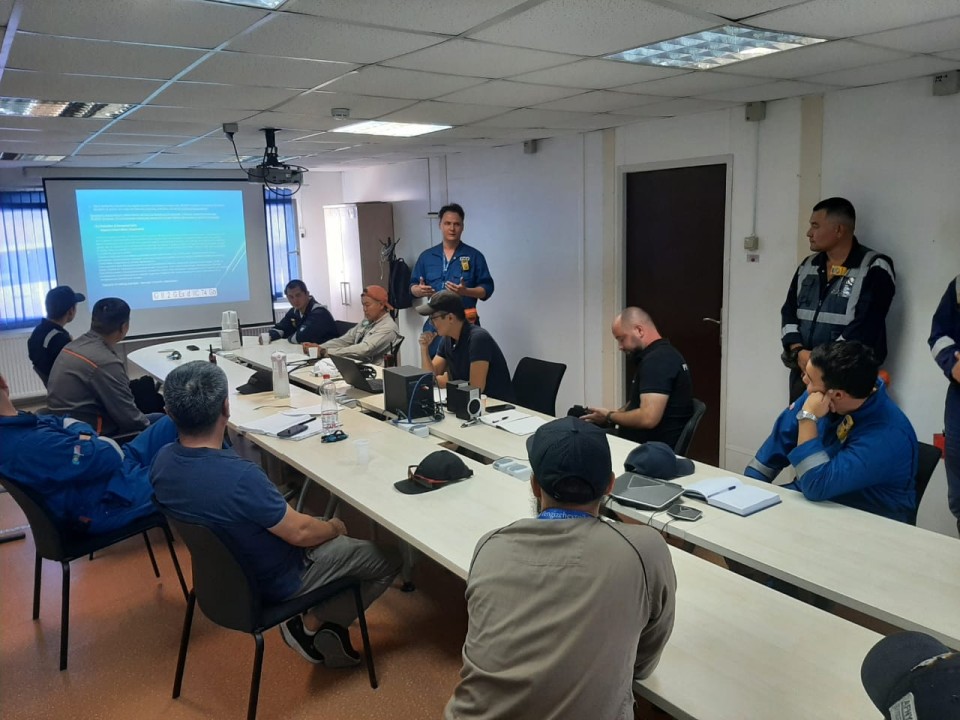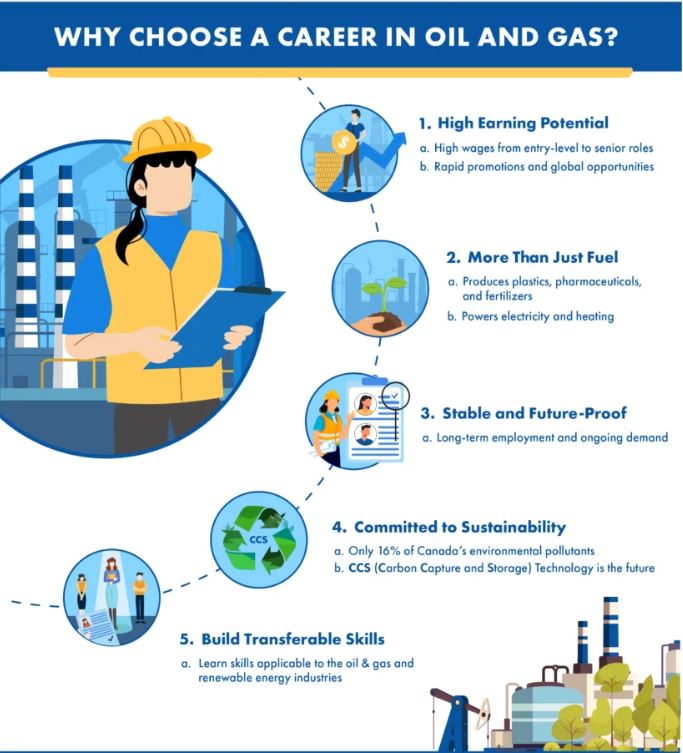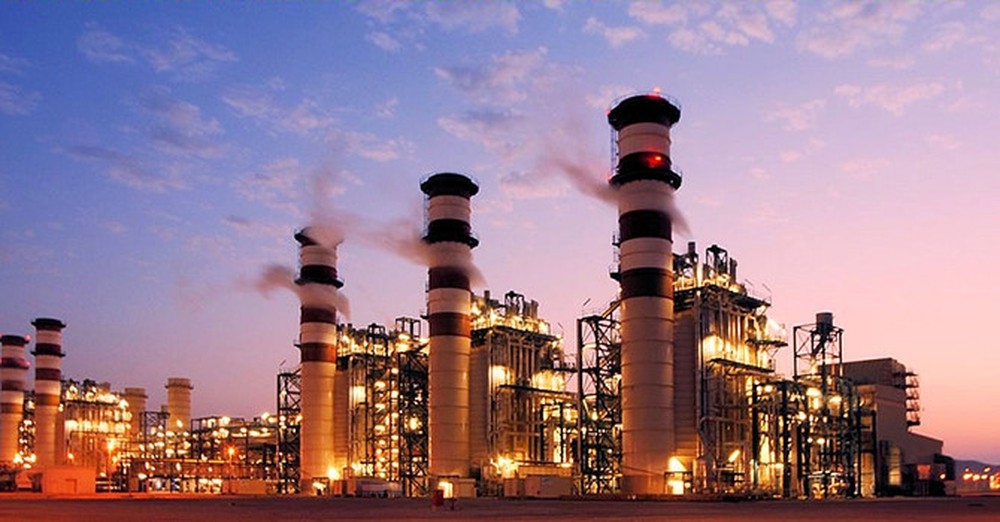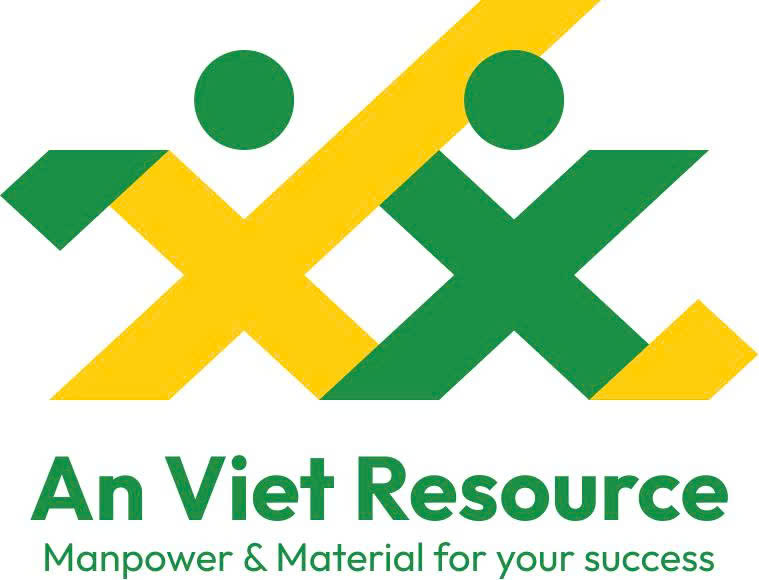
The Oil and Gas industry plays a vital role in Vietnam’s economy, providing essential energy for the country’s development. However, the industry also faces specific challenges in attracting and retaining talent, especially highly skilled engineers and specialists. Global competition, the complexity of the work, and harsh working environments require oil and gas companies to have effective recruitment and human resource management strategies. With extensive experience in providing manpower for the Oil and Gas sector, An Viet Resource shares valuable knowledge and experience to help companies overcome these challenges and build a strong workforce.
- Understanding the Specifics of the Oil and Gas Industry and the Needs of Candidates:
- Nature of Work: The Oil and Gas industry often involves complex projects, long working hours, and harsh working environments (on oil rigs, offshore, etc.), requiring workers to have good health, high-pressure tolerance, and willingness to work away from home.

- High Professional Requirements:The Oil and Gas industry demands engineers and specialists with in-depth professional knowledge, expertise in complex technical processes, and the ability to use modern technologies.

- Candidate Needs: Candidates in the Oil and Gas industry typically prioritize salary and benefits, career development opportunities, a safe and professional working environment, and job stability.
- Building a Reputable Employer Brand in the Oil and Gas Industry:
- Demonstrating Technical Expertise: Companies need to demonstrate their technical capabilities and experience in oil and gas projects, building credibility with candidates regarding professionalism and career growth potential.

- Ensuring Workplace Safety: The Oil and Gas industry has significant occupational safety risks. Therefore, companies must focus on establishing and implementing strict safety procedures to ensure a safe working environment for employees.

- Building Relationships with Universities and Professional Organizations: Partnering with universities that train Oil and Gas professionals and relevant industry organizations to access potential candidates and build industry networks.
- Attracting and Retaining Talent with Competitive Compensation and Benefits:
- Attractive Salaries and Bonuses: Offering competitive salaries and bonuses commensurate with the professional level, experience, and specific job requirements of the Oil and Gas industry.
- Specialized Benefits Packages: Providing benefits tailored to the working conditions of the Oil and Gas industry, such as international health insurance, travel and accommodation allowances, and extended leave policies.

- Dedicated Training and Development Opportunities: Investing in employee training and development, offering specialized courses in oil and gas technology, project management, and essential soft skills.

- Creating a Professional and Engaging Work Environment:
- Respectful and Collaborative Work Culture: Building a work culture based on respect, trust, collaboration, and knowledge sharing, encouraging teamwork and effective communication.
- Opportunities for Contribution and Impact: Providing employees with opportunities to participate in significant projects, contribute ideas, and influence work outcomes.

- Work-Life Balance:Promoting a healthy work-life balance, supporting employees in managing personal and family matters.

Conclusion:

Recruiting and retaining talent in the Oil and Gas industry is a significant challenge, but it can be overcome with the right strategy and effective implementation. By understanding the industry’s specifics, building a reputable employer brand, offering competitive compensation, and creating a professional work environment, Oil and Gas companies can attract and retain the best engineers and specialists, ensuring sustainable growth for the future.



 Tiếng Việt
Tiếng Việt

